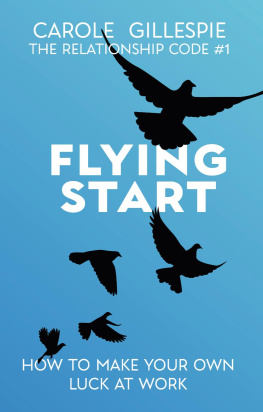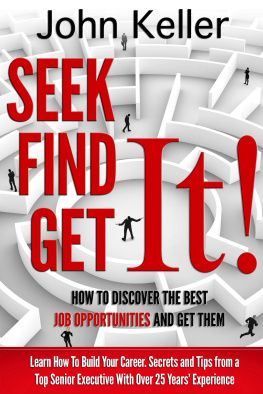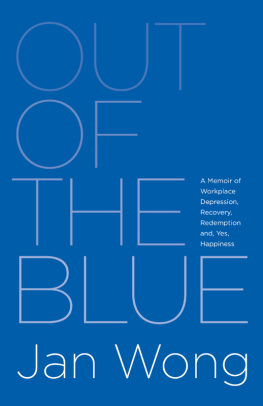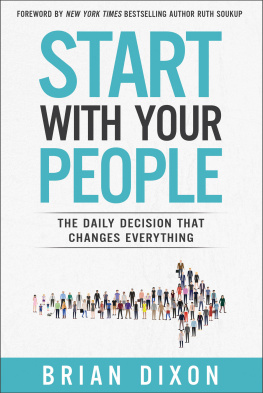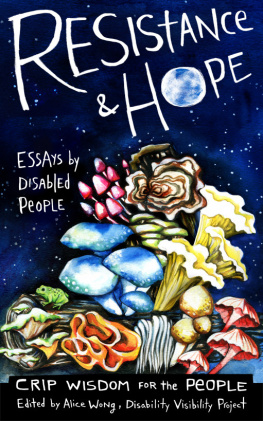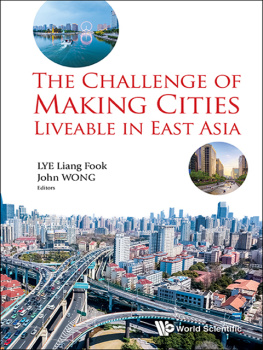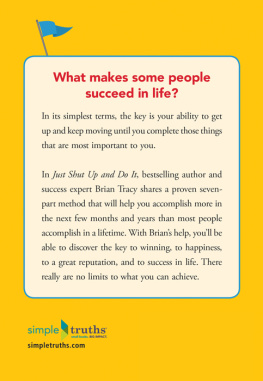PORTFOLIO
an imprint of Penguin Canada, a division of Penguin Random House Canada Limited
Canada USA UK Ireland Australia New Zealand India South Africa China
Published in Portfolio hardcover by Penguin Canada, 2016
Simultaneously published in the United States by Crown Business, an imprint of the Crown Publishing Group, a division of Penguin Random House LLC, New York
Copyright 2016 by Brian Wong
All rights reserved. Without limiting the rights under copyright reserved above, no part of this publication may be reproduced, stored in or introduced into a retrieval system, or transmitted in any form or by any means (electronic, mechanical, photocopying, recording or otherwise), without the prior written permission of both the copyright owner and the above publisher of this book.
www.penguinrandomhouse.ca
LIBRARY AND ARCHIVES CANADA CATALOGUING IN PUBLICATION
Wong, Brian, 1991-, author
The cheat code : going off script to get more, go faster, and short-cut your way to success / Brian Wong.
ISBN 978-0-670-06995-8 (hardback)
ISBN 978-0-14-319645-7 (electronic)
1. Success. I. Title.
BF637.S8W65 2016 158.1 C2016-902452-0
Cover design by Evan Gaffney

v4.1
ep
Contents
Dedicated to Mom, Dad, and Jason. I love you all very much, and its because of you that everything here exists. Thank you.
Dedicated to the entire Kiip Family: all Kiipers, investors, customers, and partners. Thank you all for your amazing support. Im excited for what the future holds.


Today is an incredible time to be alive. Opportunity is everywhere, and people have so much. Theres never been a more level playing field, thanks to the Internet. Today anyone who can afford a cell phone has access to the Internet, and we all know that the Internet is crammed with knowledge, and that knowledge is power.
Access to knowledge is this centurys revolution. Think about it. Back in the day, the expense of education was always a barrier to a better life, but now facts are free. If you dont know how to do somethingliterally anything, whether its code or design a website, learn Mandarin, master the flute, or anything elseyou can just go to the Internet and teach yourself or be taught by someone halfway around the world.
Today you dont even need a college education to be successful. Yes, college degrees are good, but today most employers care more about skills than degrees. On top of skills, smart employers care about drive, motivation, and ballstheyre looking for skilled people with bold goals and ambitions, and the courage to go out and make them real. Sure, the world isnt perfect. And of course there are people with less access to opportunity than others. But in general, we are all surrounded by far more opportunities than ever before. Its impossible not to feel grateful.
So how did I come to develop such an optimistic view of the world? Heres the background. My dad grew up in a mud hut in China. His family struggled but was land-richcertainly compared to everybody else. Then along came the communists, and suddenly successful people whod created something of value were considered enemies of the state. So he escaped to Hong Kong in the bottom of a fishing boat when he was five years old and grew up penniless, but he felt lucky to have the chance for a good life.
Thats how I felt too, growing up in Vancouver, British Columbia, far from the lap of luxury, hearing stories from my mother and father about how they didnt know that rice was white or tomatoes were red until shortly before they came to Canada as young adultsbecause theyd been too poor to afford anything but brown rice and too poor to be able to wait for a tomato to ripen before they ate it.
They were tireless and courageous, never took the easy way out, and succeeded professionally while raising a happy family. And now they appreciate every single thing they have.
So which came first: enough courage to create a life worthy of appreciation, or enough appreciation of life to have the daring that success demands?
I think attitude comes first. A positive attitude breeds success even more than success breeds a positive attitudeand in my opinion thats especially true when it comes to succeeding as an entrepreneur.
A law of behavioral psychology says that you cant be in a state of appreciation and a state of fear at the same time, and since the most successful of entrepreneurs are almost fearless, they must have the ability to appreciate what theyve got, the ability to be grateful to be doing something interesting and fun.
When youre having fun, when you appreciate the things you have, you stop worrying about success and failure. This cool part of a Rudyard Kipling poem said it best: If you can dreamand not make dreams your master; / If you can thinkand not make thoughts your aim; / If you can meet with Triumph and Disaster / And treat those two impostors just the sameYours is the Earth and everything thats in it, / Andwhich is moreyoull be a Man, my son!
But, first, of course, youve got to have some balls. If you want to pursue your passions, you have to throw caution to the wind and take some risks.
I can speak from personal experience here. I came from an essentially unremarkable, middle-class background and had a business degree, but no fancy skills or credentials: no MBA, no specialized training in banking, advertising, or anything else.
But I have always been pretty fearless, which is why I had the initiativeat the ridiculously young age of nineteento jump into an industry that was gorged with incumbents, many of them huge, multinational advertising corporations, and many of whom had been in business since long before I was even born. And its why I had the balls to propose an entirely new concept in advertising.
It came from a simple concept: People dont like ads. So why not create something they actually like?
Taking inspiration from the world of gaming, I thought what if, instead of just serving up annoying mobile ads that people would simply click away or ignore, we connected people with advertisers by offering them a free giftlike a moment of achievement in gaming when say, they leveled up or beat the boss? We later expanded that to other moments of achievement: for example, rewarding people serendipitously when they logged a run in their running app, or crossed off a to-do in their to-do list app. It was a radical concept, but what did I have to lose by trying to make it work? Nothing!
This fearlessness was the same attitude that drove my decision to skip four grades between kindergarten and high school and enroll in the University of British Columbia at age fourteena full four years ahead of my peers. Why did I do such a seemingly crazy thing? In the end, it all came back to fearless ambition. I felt ready to get out of school early and into the world and make things happen, rather than spend four more years sitting in a classroomso I found a way to make that a reality. What did I have to lose then? Nothing! If it didnt work, I was just back where I started.



